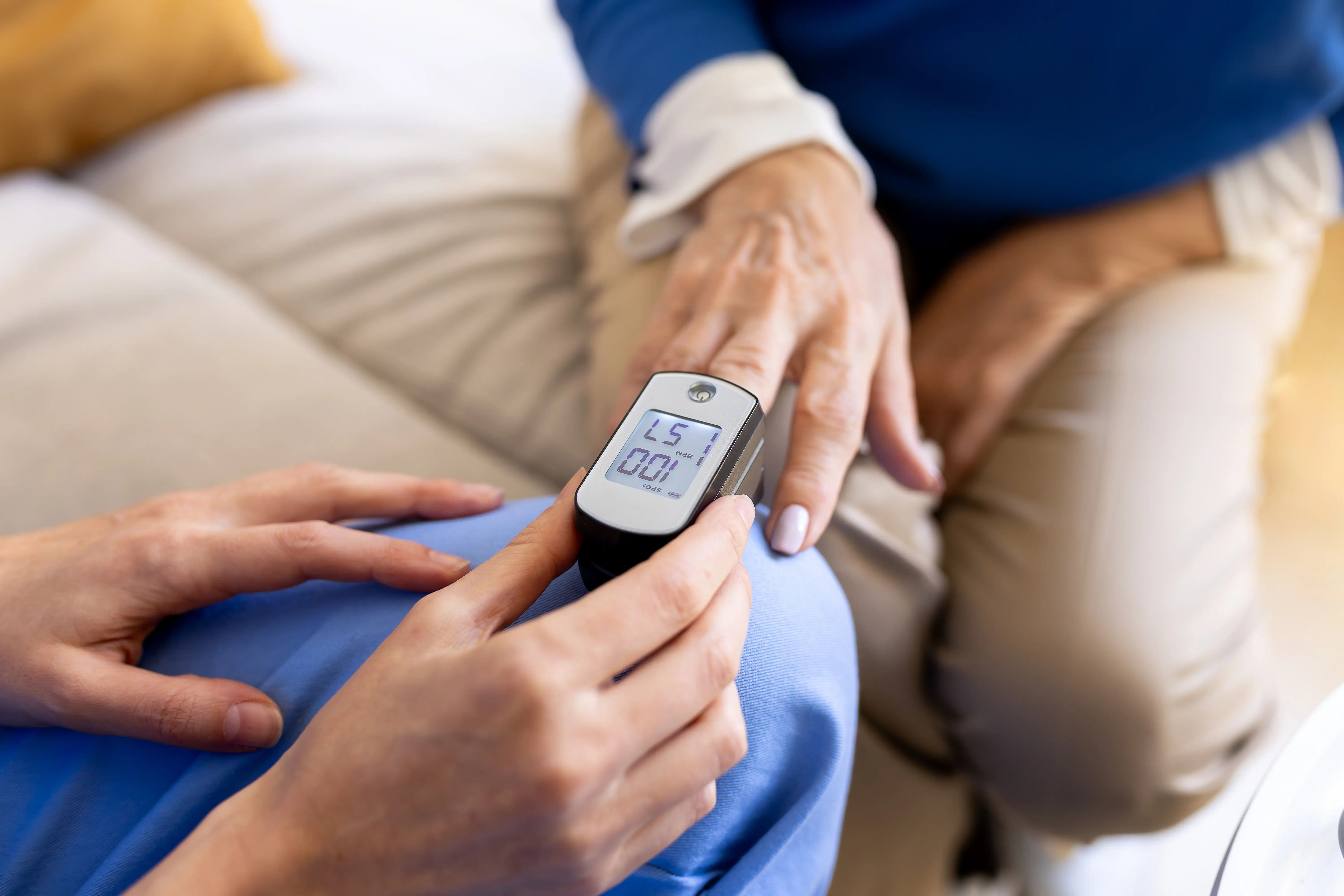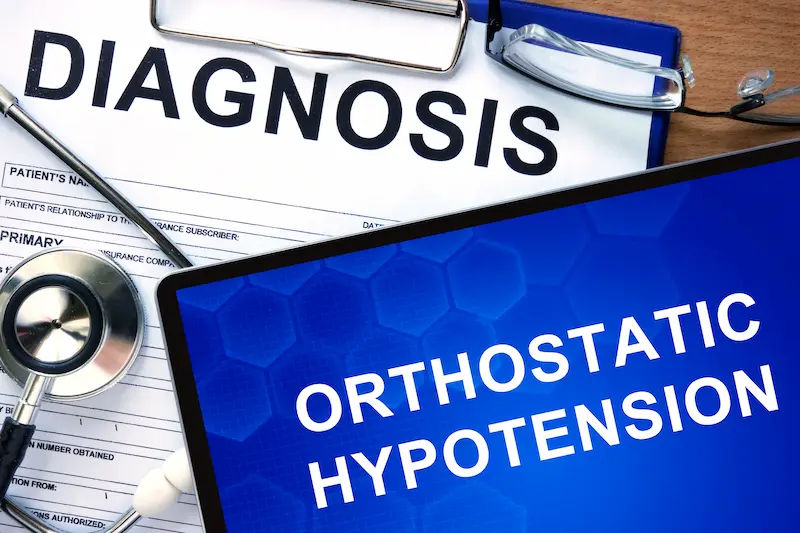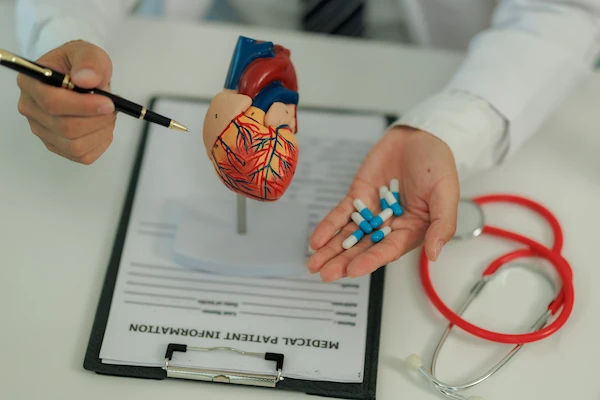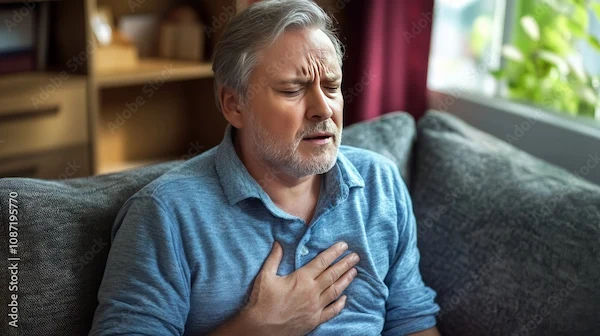- male
- 45 Years
- 22/01/2025
I'm experiencing some heaviness in my chest area and I'm having trouble breathing. I've got a headache, my heartbeat feels faster than usual, and I just can't seem to catch my breath properly. I'm really worried about what's going on. Can you help figure out what this could be?
Answered by 1 Apollo Doctors
You may be experiencing symptoms of a heart condition or respiratory issue. It is important to seek medical attention immediately. In the meantime, you can take Aspirin 325mg for possible heart-related symptoms and use an inhaler like Ventolin (albuterol) for breathing difficulties. Remember to take deep breaths and try to stay calm while waiting for medical help.
Dr. Mubarak Suggests...
Consult a Cardiologist
Answered 04/07/2025
0
0

More Cardiology Health Queries
View allI'm really struggling with severe chest pain but all my heart tests like ECG, 2D Echo, and TMT showed nothing wrong. I'm also dealing with frequent panic attacks and heart palpitations, which is really concerning. I've been taking anti-inflammatory meds for about 10 days, but there's been no improvement. Could you please advise me on what I should do next?
start doing exercises, reduce your anxiety. consult a psychiatrist if still symptoms persists
Answered by 1 Apollo Doctors
I'm noticing some weird fluctuations in my heart rate. Out of nowhere, it sometimes shoots up to 90-110. Heres what Ive tracked: when Im sleeping, it varies between 65-80, and when Im resting, it's around 70-90. But it gets to 90-110 when Im stressed. Climbing up to my apartment on the 3rd floor gets it to 110-120, a 5-minute walk pushes it to 100, and a 30-minute walk averages at 140 according to my smartwatch. After an hour walk, my watch shows an average of 165. And when I skip for just 5 minutes, my heart rate jumps to 140. Is this normal, or should I be worried? Ive stopped exercising because it seems like my heart rate goes up too much. I'm 32, by the way.
Based on the information you provided, your heart rate seems to be fluctuating quite a bit. It is normal for your heart rate to increase during physical activity, stress, or even when climbing stairs. However, consistently high heart rates during rest or sleep could indicate an underlying issue. I recommend consulting with a healthcare professional for a thorough evaluation. In the meantime, you can try to incorporate moderate-intensity exercises like brisk walking or swimming into your routine and monitor your heart rate closely. If you experience any chest pain, dizziness, or shortness of breath, please seek immediate medical attention
Answered by 1 Apollo Doctors
I'm a bit concerned about my blood pressureit seems to be all over the place. Sometimes its normal, but other times it spikes. Im trying to understand what my true blood pressure level is. How can I get an accurate diagnosis for this?
To diagnose the correct exact blood pressure level, you can monitor your blood pressure regularly at home using a digital blood pressure monitor. Make sure to follow these steps: 1. Sit quietly for 5 minutes before taking your blood pressure. 2. Place the cuff on your bare upper arm at heart level. 3. Take two or three readings, 1 minute apart, in the morning before taking any medications and in the evening before dinner. 4. Record the date, time, and blood pressure readings. 5. Share this record with your doctor for proper evaluation and management. If your blood pressure continues to fluctuate, your doctor may recommend further evaluation or prescribe antihypertensive medication such as Amlodipine (Norvasc) 5mg once daily to help control your blood pressure.
Answered by 1 Apollo Doctors
Disclaimer: Answers on Apollo 247 are not intended to replace your doctor advice. Always seek help of a professional doctor in case of an medical emergency or ailment.





